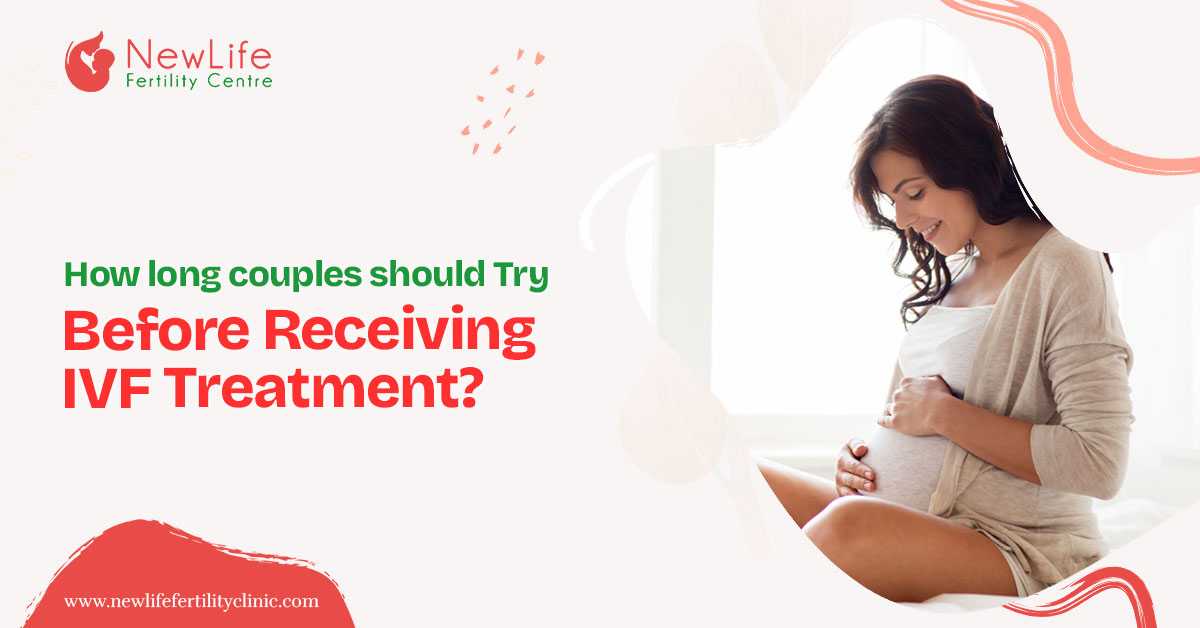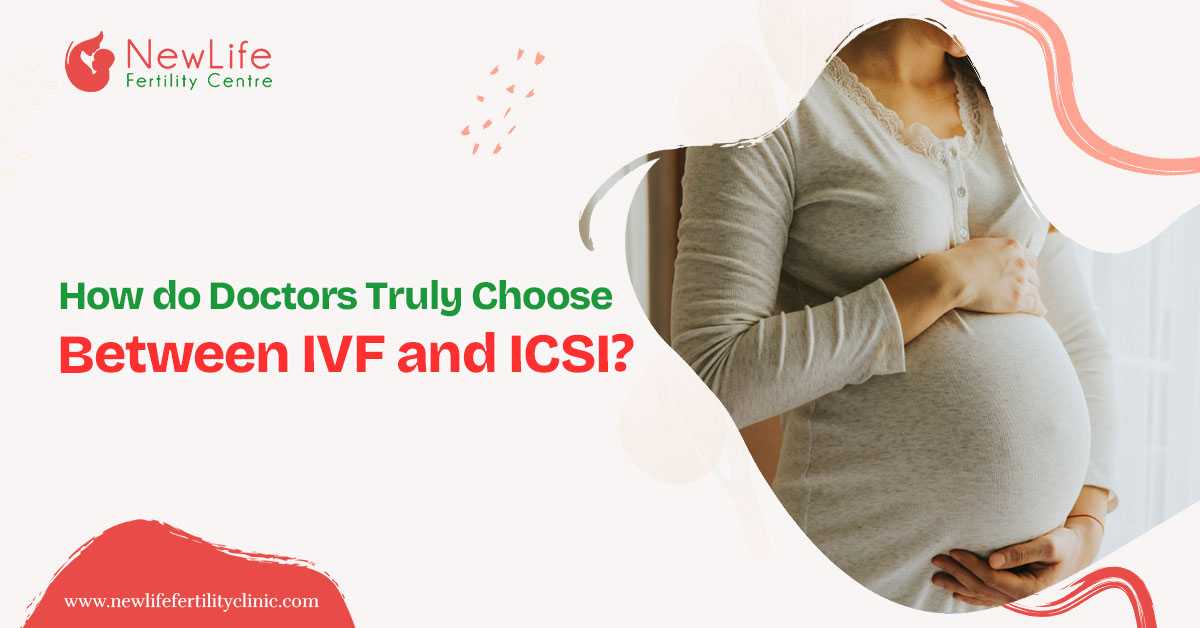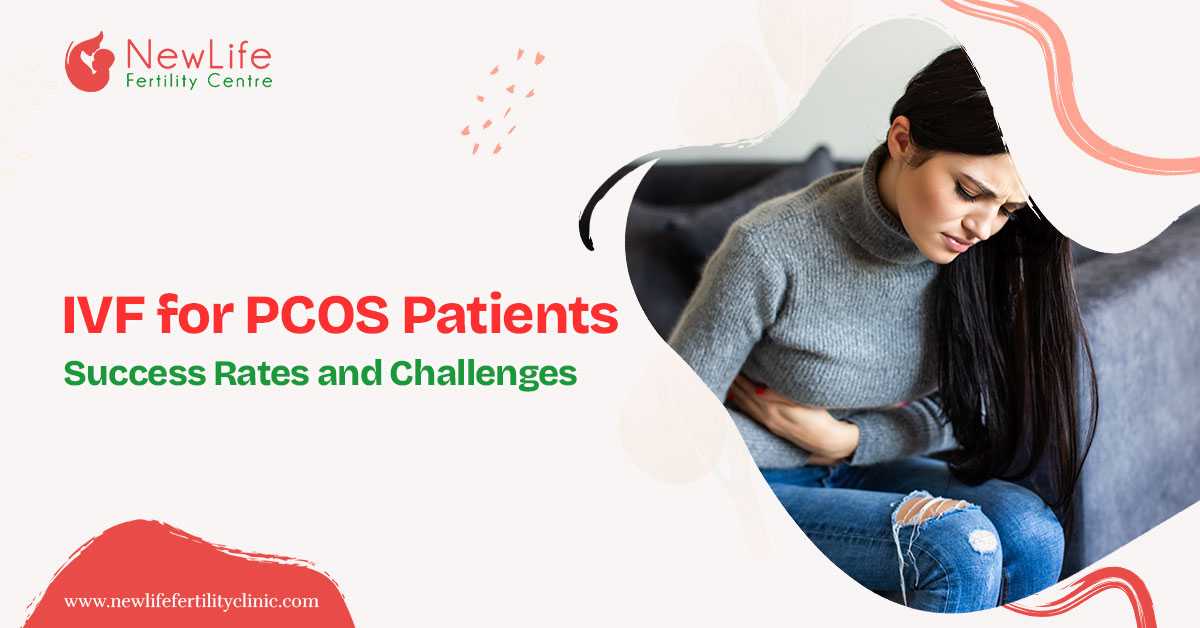'A 74-year-old woman delivers twins with the help of IVF after 57 years of being childless'
It is quite a rare case. The chances of conceiving at the age of 74 are nearly impossible. Now, with modern technologies and development, IVF can do wonders.
However, the normal physiology of the body varies from time-to-time and at different ages. Age also plays a big role in fertility, especially in women. It is generally observed that fertility decreases with age. There are several considerations to keep in mind with age. Let us know about fertility and its characteristics in women of different age group.
A female is at her most fertile stage when she is in her 20s. If you are planning to conceive, then chances of it are 33% in each ovulating cycle.
- The possibilities of fertility issues or problems in conceiving are less.
- The quality of eggs is high especially between the ages 24-29.
- Although this does not mean that women in her 20s do not face infertility, it is less common.
Infertility problems in 20s and why?
The chance of not conceiving is less than 15% during 20s. Despite the data, women in her 20s face infertility due to many reasons.
- If you are in your 20s and suffering from Polycystic ovarian syndrome (PCOS)
- If you observe abnormalities in your menstrual cycle like delayed periods from a long time or no periods at all or any changes in bleeding pattern.
- If you have any history of menstruation-related disorders like early menopause.
- You should also be checked occasionally for Sexually Transmitted Diseases (STDs) or HIV if you are practicing regular intercourse as that may be a reason for infertility.
- Any chronic disorders like thyroid, diabetes affects our fertility at any specific age.
- Sexual dysfunction disorders result in infertility.
Coming Up with a Solution
The good news is that infertility has a treatment for almost all ages. However, earlier the better. If we detect infertility in our early reproductive age like in the 20s, the platform and time we get for treatment are higher. There are multiple options of infertility detected in the 20s.
- Several medications are there to enhance fertility. If you are experiencing the signs, you must refer to the doctor for prescribed medicines as required. The medicines are taken only under a doctor's advice.
- Intrauterine Inseminations (IUI) is a method to trigger ovulation.
- If you are trying to conceive for a while now and you are unable to then, In-vitro Fertilization (IVF) is one of the most successful options of treatment.
- There are several other treatments like donor eggs or sperm, which depend on the body and intensity of infertility. It also depends on your partner and his malefactor.
If you are planning a normal pregnancy, then your body works naturally in regard to conceiving until the age of 35. A fertile woman planning for a child generally faces no odd until this age. After 35, the fertility degrades and it becomes relatively difficult to bear a child.
- The chances to get pregnant come down to 15-20% in every cycle.
- The quantity and quality of eggs decrease gradually. The rate of decline increases after the age of 35.
- There is a higher risk of abnormal pregnancies and miscarriages.
- Although there are lower chances of conceiving at this age, with the proper lifestyle, women can get pregnant naturally.
- A woman's body in her 30s is developed enough to go through the natural process of conceiving.
Infertility Problems in 30s and Why?
Women are born with 1 million eggs. This number falls with time. The infertility cases observed are higher in women at 30s. This can be due to many reasons.
- By the age of 35, the numbers of eggs drop to 25,000.
- Endometriosis in women of this age.
- With PCOS at this age, it is even more difficult to conceive and higher risks of infertility.
- Infertility can be due to the use of birth control pills and previous abortions in the past.
- Any chronic disease.
- Stress of work.
- Early menopause.
- Pelvic inflammatory diseases.
Coming Up with a Solution
If infertility is detected in women of this age group, it requires immediate attention. The treatments are similar to the 20s but the course of medicines and rate of tests may differ. The kind of treatment chosen for a specific patient also depends on her condition of reproductive health. It could be through medicines, IUI or donor process. Test-tube fertilization is also done in cases of failure of egg donors.
- During 40s, a women's conceivability decreases to just 5% in a month.
- It is the non-ideal time for planning a child. The physiological processes slow down by the time the woman reaches her 40s. Her fertility is half as when she was in her 20s.
- Research shows that 40-year-old women treated for infertility have a 25% chance of getting pregnant using their eggs. By age 43 that figure drops to 10%, and by 44, it falls even lower.
- Even if she is conceiving, there is a high risk of placental pregnancies and miscarriages affecting the health of the mother.
- The risk of fetus suffering from Down's syndrome is high. The risk of Down syndrome is 1/90 at age 40 and 1/30 at age 45.
- However, it is not impossible to conceive naturally but the risks are high compared to younger females.
Infertility Problems in 40s and Why?
With falling age, all the physiological processes and formation of hormones fall. Fertility also drops in women largely with age. The reasons governing the decline in fertility depends on the immune system and some natural reasons.
- A woman loses almost 13,000 eggs a year, and by 45, she is only left with some thousands of eggs. Infertility comes naturally with the degrading quantity of eggs in aging women.
- The quality of the eggs degenerates and makes it difficult for fertilisation.
- Changes in the function of ovary and a higher risk of chromosomal abnormalities add to infertility in women during the 40s.
- The non-efficient functioning of the hormones and glands with age.
- Besides, previous failed pregnancies can make conceiving difficult.
- The action of birth control pills if taken in the past.
Coming Up with a Solution
Although the rate of success of IVF in her 40s is lower than other age groups. For instance, by age 44, a womans chances of becoming pregnant through IVF are less than 10 percent. It is advised to try conceiving before the level of eggs falls to an extreme level. The cure to infertility is for all age groups now. Now women of 50 years of age are utilizing technologies like IVF to curb infertility.
Age plays a vital role in determining fertility in women. From 20s, 30s to 40s, the graph of fertility declines. With our lifestyle modifications, we can enhance our fertility to a large extent.
However, infertility does not depend so much on age. With the many treatment options available, Our doctors make Impossible, Possible.






